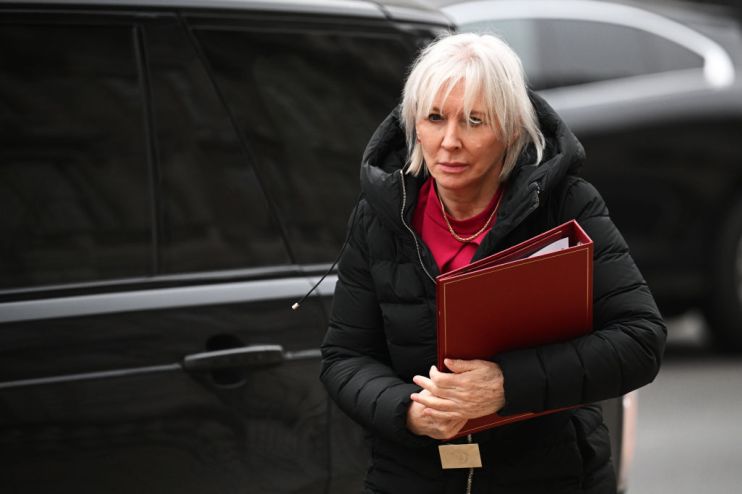In a bid to crack down on Big Tech, we cannot forget the small players and individuals

A bill poised to erode free speech in both the UK and around the world was put before Parliament last week in the form of the long-awaited Online Safety Bill.
The 225-page legislation proposes solutions for a wide range of online abuses, from child sexual exploitation to fraudulent advertising, while promising to hold Big Tech companies accountable beyond the current state of self-regulation.
Although it was written with the best of intentions, the bill is marred by burdensome and incoherent provisions that will inhibit internet users from freely and authentically expressing themselves online.
In a press release that accompanied the bill’s introduction, the Department for Digital, Culture, Media & Sport said “social media platforms will only be required to tackle ‘legal but harmful’ content, such as exposure to self-harm, harassment, and eating disorders, set by the government and approved by Parliament.” DCMS described this as “another major improvement” that would remove “any incentives or pressure for platforms to over remove legal content.”
But coupled with other measures in the Online Safety Bill, this change does not resolve censorship concerns.
“Legal but harmful,” as described in the legislation, includes any material that the government considers dangerous, even if it falls below the threshold of a criminal offence. It’s an open-ended list, with the likely consequence of capturing offensive, rather than harmful content.
As the past few years have shown, what governments consider misinformation and “harmful” online speech is often too broad, and can thus sweep up legitimate discourse and discussion. The pressure to remove too much content has not been resolved — far from it.
In fact, the incentive to censor has been increased by the revised provisions, particularly the strengthened criminal liabilities for tech executives. Two months after the bill becomes law, senior managers who fail to comply with the bill’s broad and extensive requirements can face up to two years in prison, while companies may incur fines of up to 10 percent of their annual global turnover.
Such significant penalties will likely lead to over-moderated platforms that prioritise legal compliance rather than free expression.
Matthew Lesh, Head of Public Policy at the Institute of Economic Affairs, was one of the voices pointing out what should have been obvious to ministers. Companies will likely “become overzealous” in removing content that is both unlawful and lawful in a bid to avoid fines or other repercussions.
Culture Secretary Nadine Dorries may be holding companies like Facebook and Twitter “accountable” with the bill’s tough provisions, but the tech giants are unlikely to be the most impacted. It’s the everyday internet users who will be forced into a radically different, more restrictive digital ecosystem replete with sanitised speech.
As a result, the government will be intervening in how users engage in culture, activism, news, and communication. Given the global nature of social media, the bill’s poorly crafted requirements will inevitably affect more than just UK users.
Free expression, one of the most fundamental principles that underpins democratic society, is taking a secondary role to an ambiguous idea of “safety.” The decision on what is and isn’t harmful, albeit legal, should not be in the hands of regulators and lawmakers. It sounds far more like fiction than legislation.